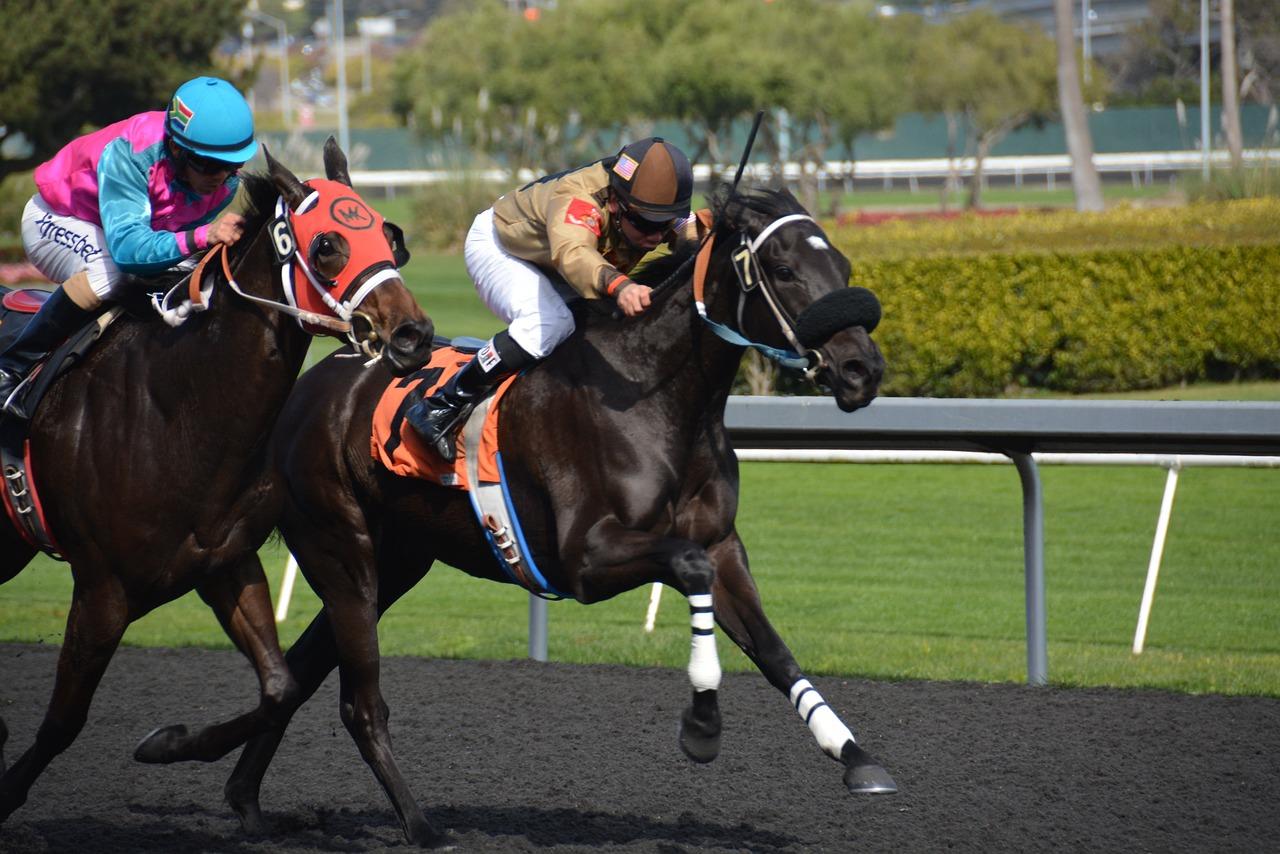
Mythbuster Monday: Horses Learn to Crib From Other Horses
On Mythbuster Monday, we tackle a variety of equestrian myths to either bust or confirm. Today’s discussion: Do horses learn to crib from other horses?
It’s Mythbuster Monday, where Horse Nation dives into different equestrian myths and provides research-based evidence to either bust or confirm those myths. Today’s topic: Do horses learn to crib from other horses? Is it a contagious behavioral issue? What causes a horse to crib? Read further to find out!
Myth: Horses learn to crib from other horses
Myth or Fact: Myth
Cribbing is a repetitive behavior exhibited by some horses. The horse grabs ahold of a solid surface with their front teeth and pull back . This contracts the neck muscles and releases a grunting sound. Studies show that the main causes of cribbing are boredom, stress and habit.
Horses who crib can exhibit weight loss, overall poor condition, abnormal muscling in the neck and excessive wear to their teeth. They are also at higher risk for colic, gastric ulcers and temporohyoid osteoarthritis.
Cribbing interrupts a horse’s daily routine and can occupy several hours of a horse’s day. It decreases a horse’s value as it is an undesirable stable vice. The vice may also cause difficulty in finding a boarding facility due to the possibility that the horse may cause damage to trees, fences, walls and other surfaces.
But, is cribbing a learned behavior? If one horse in your barn does it, will they all start to do it?
According to an article by Total Equine Veterinary Associates, Dr. Sue McDonnell has stated that in her experience it is rare for a cribber to teach another horse the habit. She states that horses in the same barn who crib are exposed to the same stressors and have chosen the act independently of each other.
In an article by Equus Magazine they state that horses do not learn to crib from one another. The provide information that there is a possibility that horses who crib may have a genetic predisposition to crib. However, the horse doesn’t exhibit the behavior until stressors are introduced. That gives justification as to why we see higher cribbing rates in certain breeds.
Dr. Sheryl King and Dr. Steve Peters were interviewed by HorseHead in an article about cribbing. In the research they provided they stated that Thoroughbreds and Warmbloods were at greater risks for cribbing. Their rationale was because their genetic makeup was different than other breeds. These two breeds have an increased number of dopamine neurons which results in a lower threshold for stimulation.
This article makes very clear that cribbing is not contagious and the myth has exacerbated the issue by removing a cribbing horse from the herd. Isolating the horse furthers the horse’s stress and compels it to crib more.
Ohio State University states in this article that cribbing has not been reported in free ranging feral horses so aspects of human management cause the cribbing behavior. This article points out that horses with more grain in their diets have an increased risk of developing the behavioral habit.
They provided a study that showed that providing pelleted or grain feed to young horses directly after weaning was associated with the horse utilizing the cribbing behavior. They also state that studies have shown that it is unlikely horses learn to crib from other horses.
After diving into the research, cribbing is not a contagious behavioral tendency. Cribbing is most likely due to stressors, boredom or habit. Horses may also be genetically predisposed to the habit. If horses from the same barn are cribbing it is likely due to them being introduced to the same stressors.
Do you have an equine myth you’d like us to tackle? If so, send it our way! Email your suggestions to [email protected]. Put Mythbuster Monday in your subject line.











